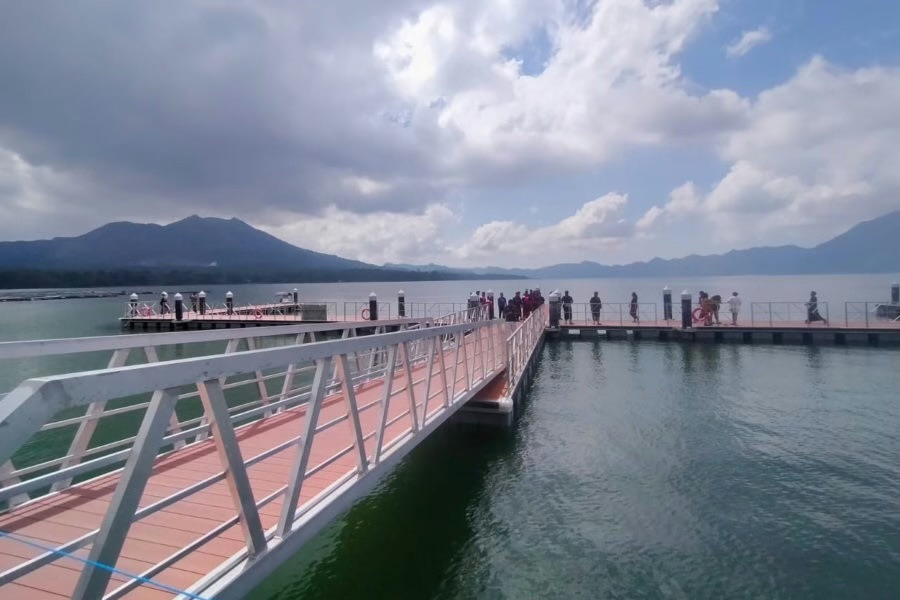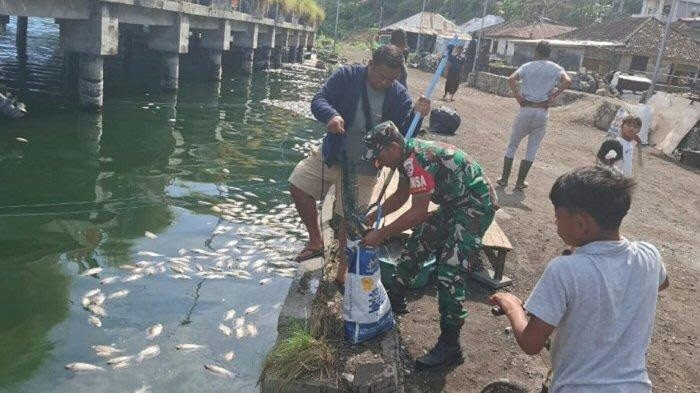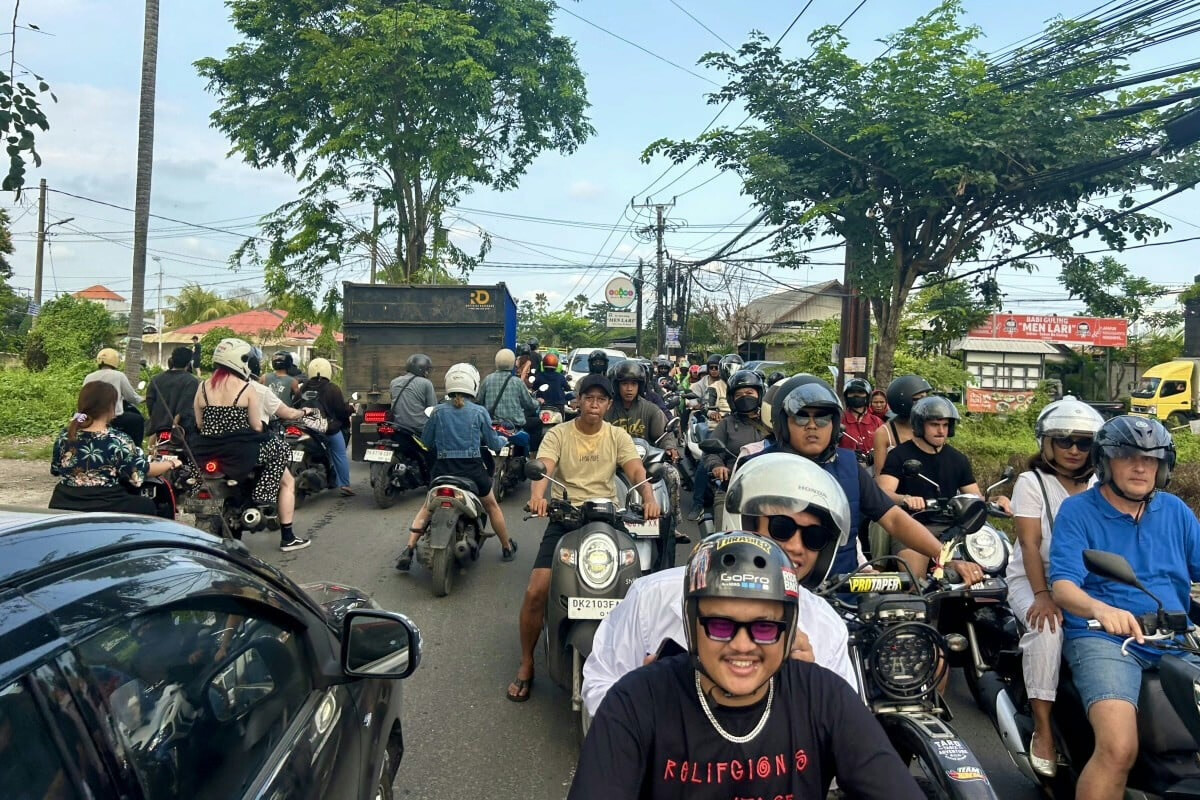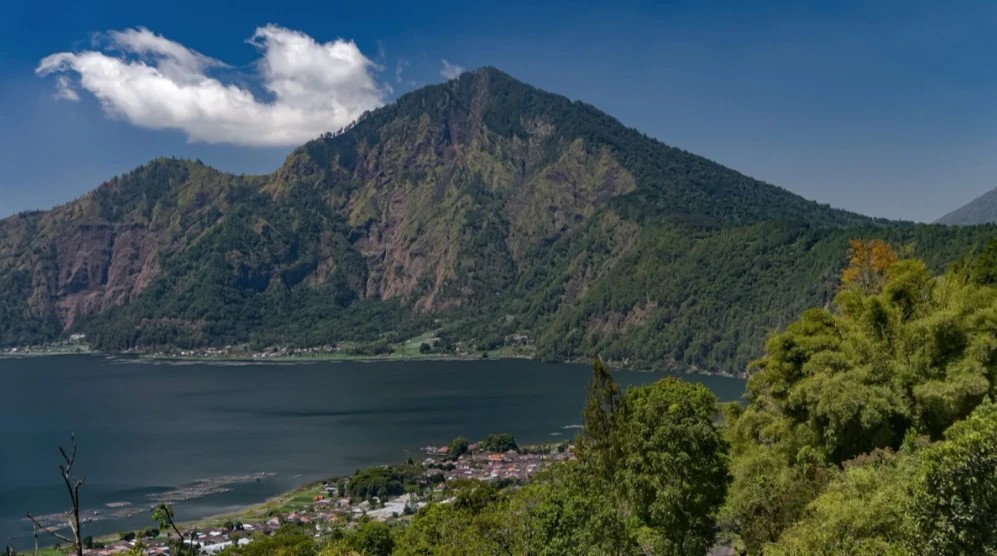On Bali's largest lake, Batur, the authorities, along with an investor from Korea, plan to launch an electric cruise ship. The project is presented as another step towards 'ecotourism,' but many locals and deputies are against it: they fear pollution of the lake and the displacement of small boat businesses.

The concerns are straightforward: for locals, Lake Batur is not just a tourist attraction but a source of income. It involves fishing, agriculture, and tourism—dozens of boats are always ready to take foreigners on board and show them Bali from an unusual angle. The emergence of a new player with foreign capital is perceived by many as a threat to their traditional way of life.
The Deputy Chairman of the Bangli Parliament, I Komang Carles, learned about the plans only after the signing of the Memorandum of Understanding (MoU), in which the municipal company Perusda Bhukti Mukti Bhakti (BMB) and the Korean investor PT GMS Invest International agreed to jointly prepare the cruise ship project on Lake Batur. He stated that he intends to summon the BMB leadership for explanations.
“The government is too focused on revenues and may forget about environmental and social consequences. Who will guarantee that this ship will not dispose of waste in the lake? Batur is a sacred place,” he said.
Carles reminded that the government should consider the opinions of religious and traditional leaders since cleansing rituals are regularly held on the lake. He also emphasized that locals already operate boats on the lake and this business should be preserved.
The municipal company BMB is trying to ease tensions. Its director, Anak Agung Wibawa Putra, explains that this is only the initial stage. The signed memorandum is of a general nature, and the investment amounts and operating details have not been determined.
“This is just the first step. The MoU is valid for 6 months. If a feasibility study is not ready within this time, the agreement will cease to be in effect,” he clarified.
Under the conditions already set by BMB for the investor, the project must meet several requirements. At least 70% of employees should be local residents. The ship and its operation must respect cultural values and not violate the sanctity of the lake. The waste management system must be clear to avoid any pollution.
The plan is not for a giant liner but a small vessel with a capacity of up to 65 people. According to Wibawa, this format better fits the scale of the lake and will allow for controlled ecosystem impact.



You can add one right now!